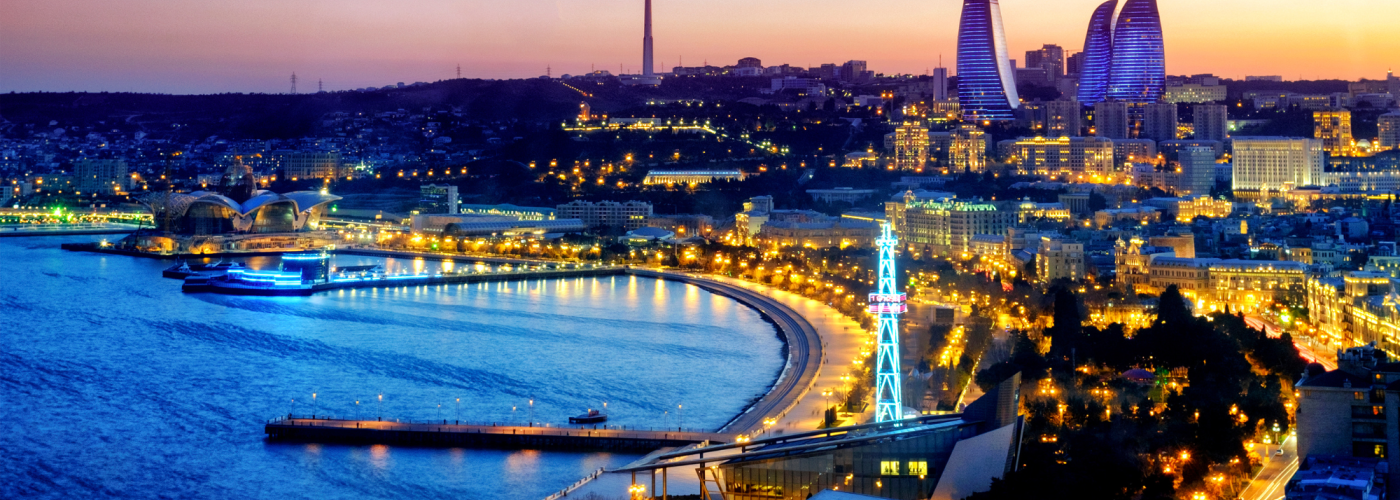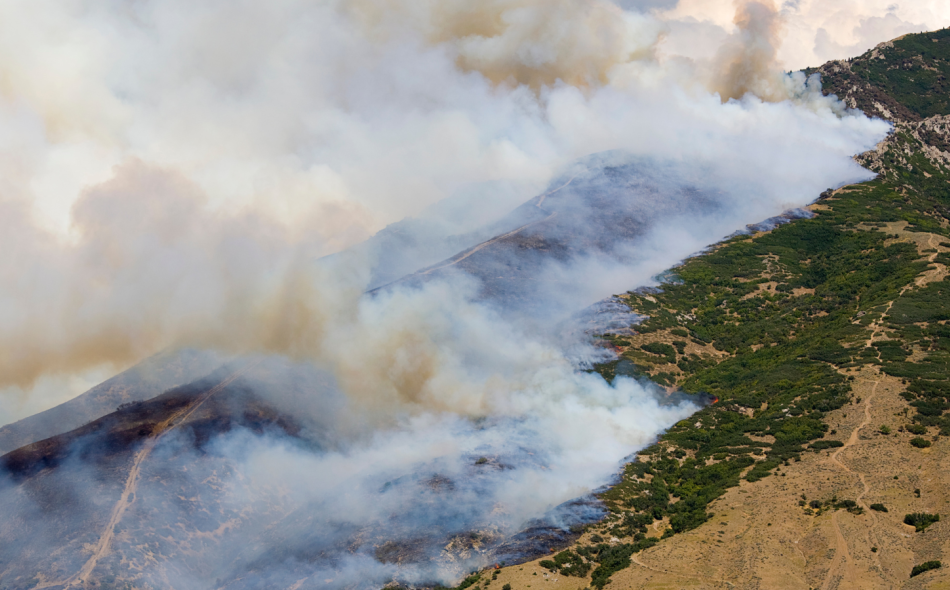COP29: Baku, Azerbaijan
The United Nations Framework Convention on Climate Change (UNFCCC) will hold its 29th Conference of the Parties (COP29) from Nov. 11-22 in Baku, Azerbaijan. COP29 is being touted as the climate finance COP, an issue that has plagued global climate talks for more than a decade. At COP15, developed countries pledged to provide $100 billion in climate finance per year for developing countries by 2020. According to the Organization for Economic Cooperation and Development (OECD), developed countries finally met that target two years late in 2022. However, most of this finance comes as loans that add to the huge debts of most developing countries. Furthermore, according to Oxfam International, many rich countries merely reclassified their Official Development Assistance as “climate finance” to claim to meet their climate finance goals. Now, countries must set a new Climate Finance Goal, even as the issue over what constitutes climate finance is hotly contested. Developing countries want to see more resources going to a number of critical funding tools, including the Adaptation Fund, the Green Climate Fund and a newly created Loss and Damage Fund. Wealthier countries like the U.S. are leaning heavily on carbon markets as a tool for climate finance, even as those markets face a multitude of problems including sinking prices, questionable scientific soundness, and widespread fraud.
As some COP29 delegates debate the terms of the New Quantified Collective Goal for Climate Finance, other delegates will negotiate the terms of Paris Climate Agreement’s carbon trading mechanism. Many governments, including the U.S., have advocated for the Article 6.4 mechanism not only as a significant source of climate finance but also as a reliable means of cutting greenhouse gas emissions to meet Paris Agreement targets. Other governments and non-governmental organizations are advocating for “non-market approaches” to finance for direct climate action under the terms of Article 6.8. Hanging over COP29 is the question of how a new U.S. presidential Administration might provide climate finance and participate in future UNFCCC negotiations.
For COP29, the host government has set a modest outcomes agenda. IATP will report on the Article 6 negotiations, and announcements around the Global Methane Pledge, trade and food systems. And we’ll be looking into how COP29’s outcomes may affect the terms of next year’s COP30 in Brazil, where countries will build upon new climate finance commitments to ratchet up their Nationally Determined Contributions (NDCs) to respond to the climate crisis.
Latest COP29 Publications




